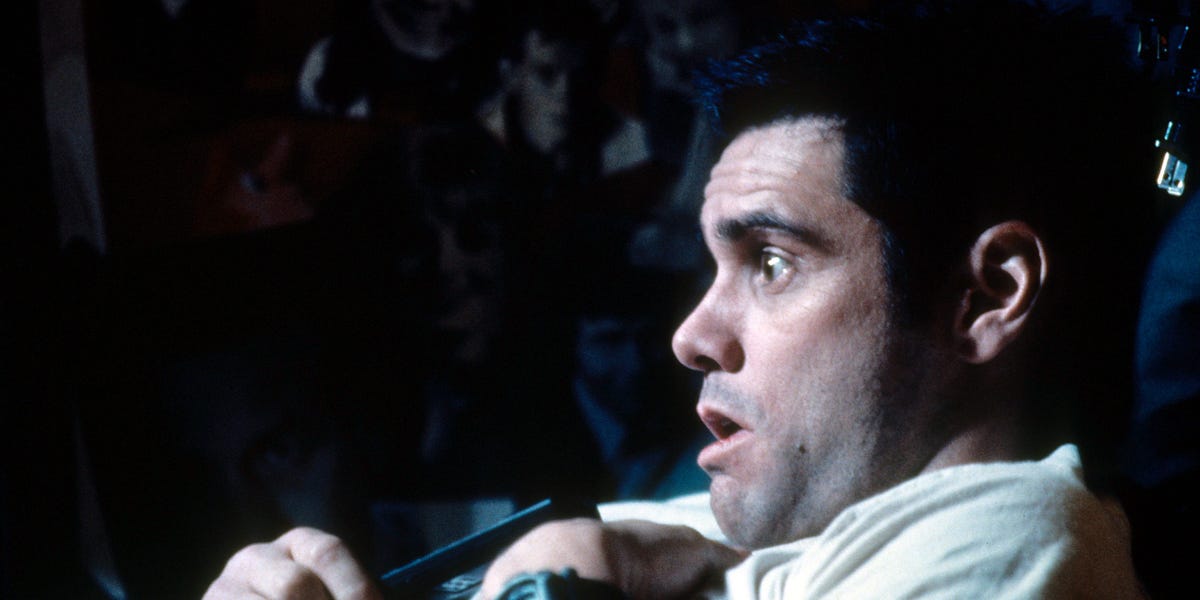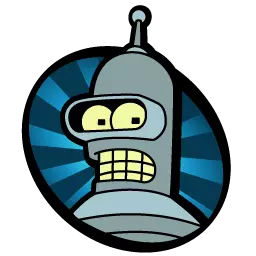Tech’s broken promises: Streaming is now just as expensive and confusing as cable. Ubers cost as much as taxis. And the cloud is no longer cheap::Some tech is getting pricier and looking a lot like the older services it was supposed to beat. From video streaming to ride-hailing and cloud computing.
You say “broken promises” I say “the plan all along” and “bait and switch”.
Yep. The business model has always been “Lure them in and stifle competition with a low initial cost. Then when we have the market we can jack up the price.” Enshitification at its best.
This is just capitalism at work. Capitalism = enshitification, exploitation, and destruction.
Literally working as intended. Not sure why it takes people so long to figure this out.
A healthy dose of western/capitalist propaganda since birth and until death helps a lot. So many people under the illusion that this is the natural progression of civilization, or the best.
When you’ve been exposed to nothing but capitalsm your whole life it’s incredibly hard to be convinced that anything else could even work. Just like people born into religious cults, it’s hard to break when it’s all you’ve known.
Growing up in the '70s and '80s in the US, I know that the “greatest country on earth” propaganda worked on me. It took me until my 30s before I kind of looked around and said,“What the fuck is going on here?”
Is this surprising? The prices were always going to adjust to the market. Any new cheap thing that undercuts the market will eventually become the market as it becomes mainstream, and prices will be increased to what the market will bear to maximize profits.
This has nothing to do with tech and EVERYTHING to do with FUCKING CAPITALISM.
What a dumb fucking post, tech didn’t promise us shit were still living in a capitalist nightmare where quarterly earnings are far and above the primary value, over any and all people.
What the fuck is this waaaa tech didn’t usher in an age of utopia!!! It’s almost like we have to solve other problems first. Fucks sake
Can we actually have a discussion on what’s at hand here instead of knee jerk reactions?
Perhaps you had to have been there for all the “building better worlds” and “bringing people together” horseshit every silicon valley company was spewing since the dot com boom in the 2000’s
It’s not an actual promise so don’t act pedantic. The point is- society was sold these concepts and ideas as solutions to existing problems, and they’ve instead become bigger and more expensive problems.
Honestly, not to blame the public, but people were sitting here for the last decade going, don’t like being censored? Don’t use Google/Facebook/whatever. Don’t like being tracked across the internet? Don’t use Google/Facebook/whatever. And everyone kept using it. As for streaming services, I mean, if you don’t want monopolistic pricing power, abolish copyright/DMCA. We complain constantly about the consequences of these big corps but society keeps religiously buying shit from them or participating in their services. Just like complaining constantly about global warming but driving your car 3 miles to the store to get a 1L bottle of water. We set up these structures and put people in these positions where they can exploit you, then act surprised when they do, and we have an excuse for why we think every individual part of it needs to stay exactly the same.
OK, maybe to blame the public a little.
Don’t blame tech, blame the bait-and-switch business model of loss leading products.
Uber never made money because they chose to undercut prices of all competitors and bleed them out.
I’d argue that newer streaming companies (those founded by studios, such as Disney +) did the same thing by roping in customers before jacking up prices.
It may be the “fault” of capitalism, but consider it was capitalism that birthed streaming in the first place. In the long term, the expectation would be a better solution will surface in reference to streaming… the same way streaming was a solution to cable. Thus is the business cycle.
the expectation would be a better solution will surface in reference to streaming… the same way streaming was a solution to cable.
What would that look like though? The current streaming model was pretty easy to predict ~15 years ago with the advent of online video streaming in general, especially mainstream forms of it such as YouTube. I have a hard time imagining how any other business model for distributing video content would look like, but then again I don’t have a very entrepreneurial mind.
If you had the answer you could make a lot of money
The answer was already found with music streaming. Whether you’re using Spotify, Apple Music, or YouTube whatever, you’re still getting 99% of the same content. These companies compete on price and features not on content.
That case is a bit different. Most music streaming platforms haven’t leaned heavily into the production of exclusive content like Netflix or Amazon, or own a huge swath of IPs like Disney. We might get there yet, however…if we do, we’d likely see the same price hikes and fractured availability of content.
I would do the same as was the case with cinemas: anybody can buy any streaming content. If you produce a movie, you are forced to sell it to anybody who is willing to buy it. (Just like every cinema can have any movie which wasn’t the case back then. There were specific cinema exclusives before the law forced this shit out.)
This is the way. Unfortunately, it requires competent lawmakers that dares to target anti-competitive business practices. I guess we could pin our hopes on the EU, but they might not want to open this can of bees (yet). Besides, they are plenty busy dealing with all the other areas that the US allowed to run rampant, my guess is that there’s a hard limit to how much can can be targeted at once. Let them handle right-to-repair and big tech privacy violations first, since they don’t have soft solutions / workarounds.
The cloud was never cheap.
Where did you get such a weird idea?
You are paying money for streaming movies? Why?
🏴☠️🏴☠️🏴☠️🏴☠️🏴☠️
Tech never promised anything. They cut the price for people to be dependent to them and then rise the price.
It’s just basic capitalism.
Yarrrrr…shiver me timbers. Fly the Jolly Roger high matey, there be booty ta plunder!
reminds me of when when banks introduced ATMs as a method to “reduce costs for the consumer” but it became a profit center, paid for by those same consumers. no consumers saved a dime
On the flip side, piracy has never been easier.
As far as Ubers, I’m happy to pay them as much as taxis in tips at least — the people driving them are hard working people who could use it.
But dang, there’s lots of streaming services. The new rise of piracy is not surprising.
I think it says something that people feel the need to subscribe to half a dozen services.
Never even mind piracy, people don’t need to be binging TV endlessly.
Hotels >>>>> Airb&Bs
I’ve seen some pretty shit hotels.
Hello L4S!
Test reply
Remember when we could only watch what had recently been on TV and cable companies were trying to lock people in to specific cable boxes that couldn’t skip ads and we paid $120 per month for ad supported content and cable companies would attach random fees and everyone had to buy hundreds of channels to only watch 4?
And we’d build movie and music collections of physical media we had to keep in our homes and cars and we’d listen to the same three albums for months and if we were lucky enough to get a TV series box set, it’d set us back many hundreds of dollars and we’d have to remember which disc we were on and navigate arcane and slow menus?
And when we had questions, we had to find the answers ourselves by reading long form content and just be satisfied that there were many questions we couldn’t answer at all because the information wasn’t available?
Or when we wanted cabs, we’d not know how much a ride would cost until after we got to our destinations and they smelled like rotten farts and were covered in boogers and our only goal was to not touch anything and look out the window because what’s a smartphone?
And when we wanted to go somewhere, we had to ask for directions and use atlases to figure out how to get to the general area of the destination, then drive in circles, accidentally drive past a turn 5 times because the street we were supposed to turn onto had two different names and we had been given the wrong one?
I was there and anyone who pines for the old days can just go there. We have cable and encyclopedias and taxis and atlases. Go nuts.
Airbnb is worse than hotels











